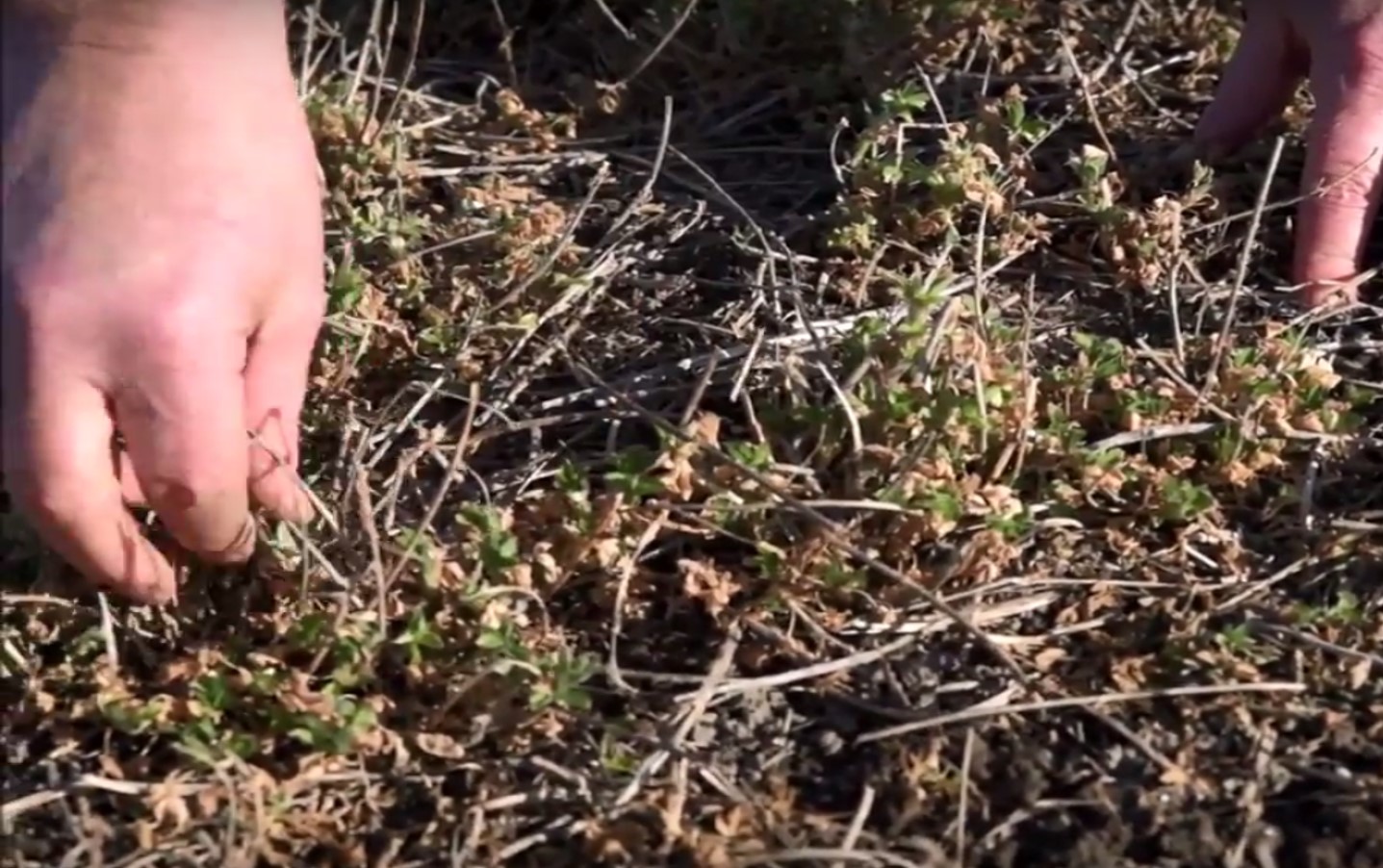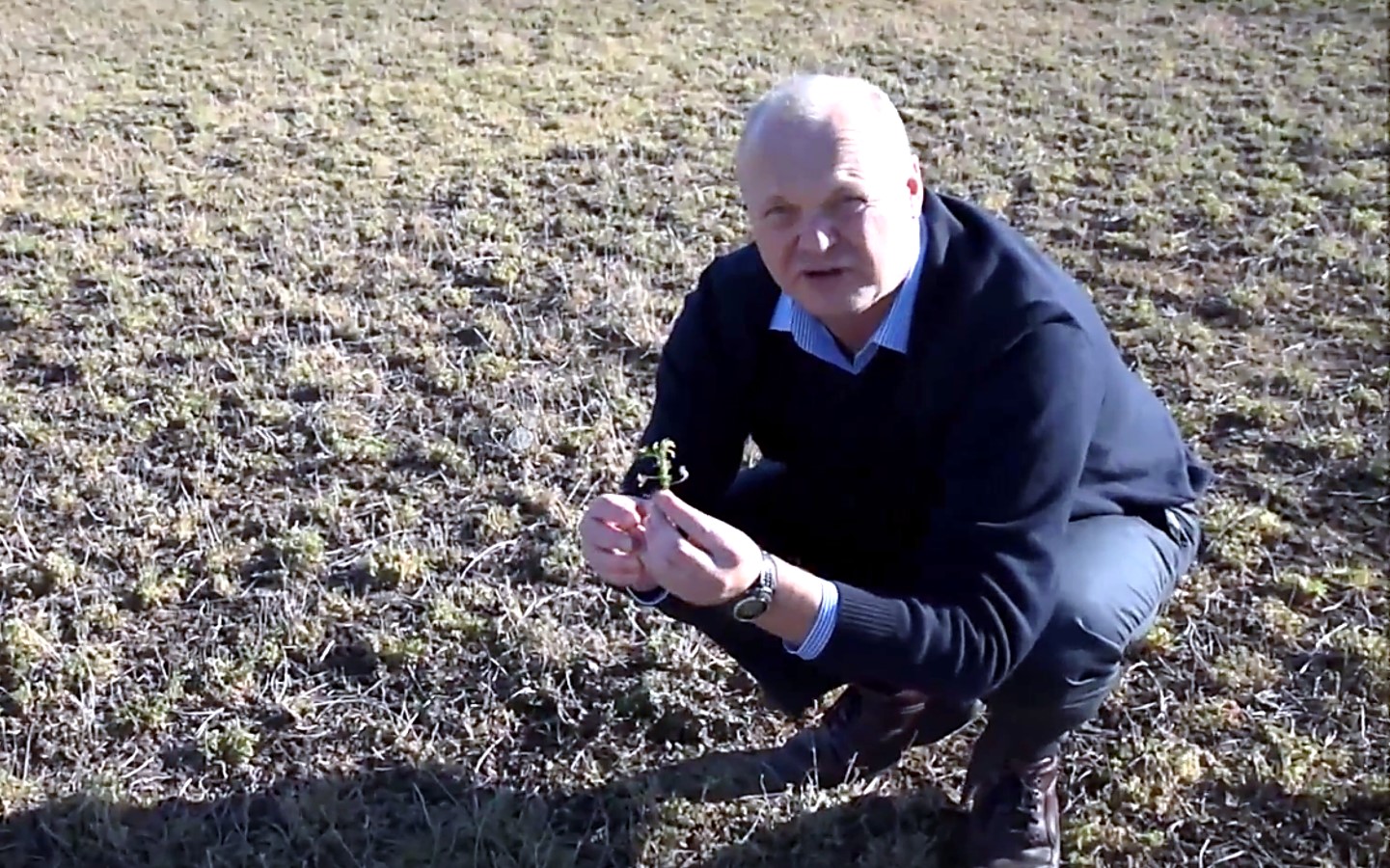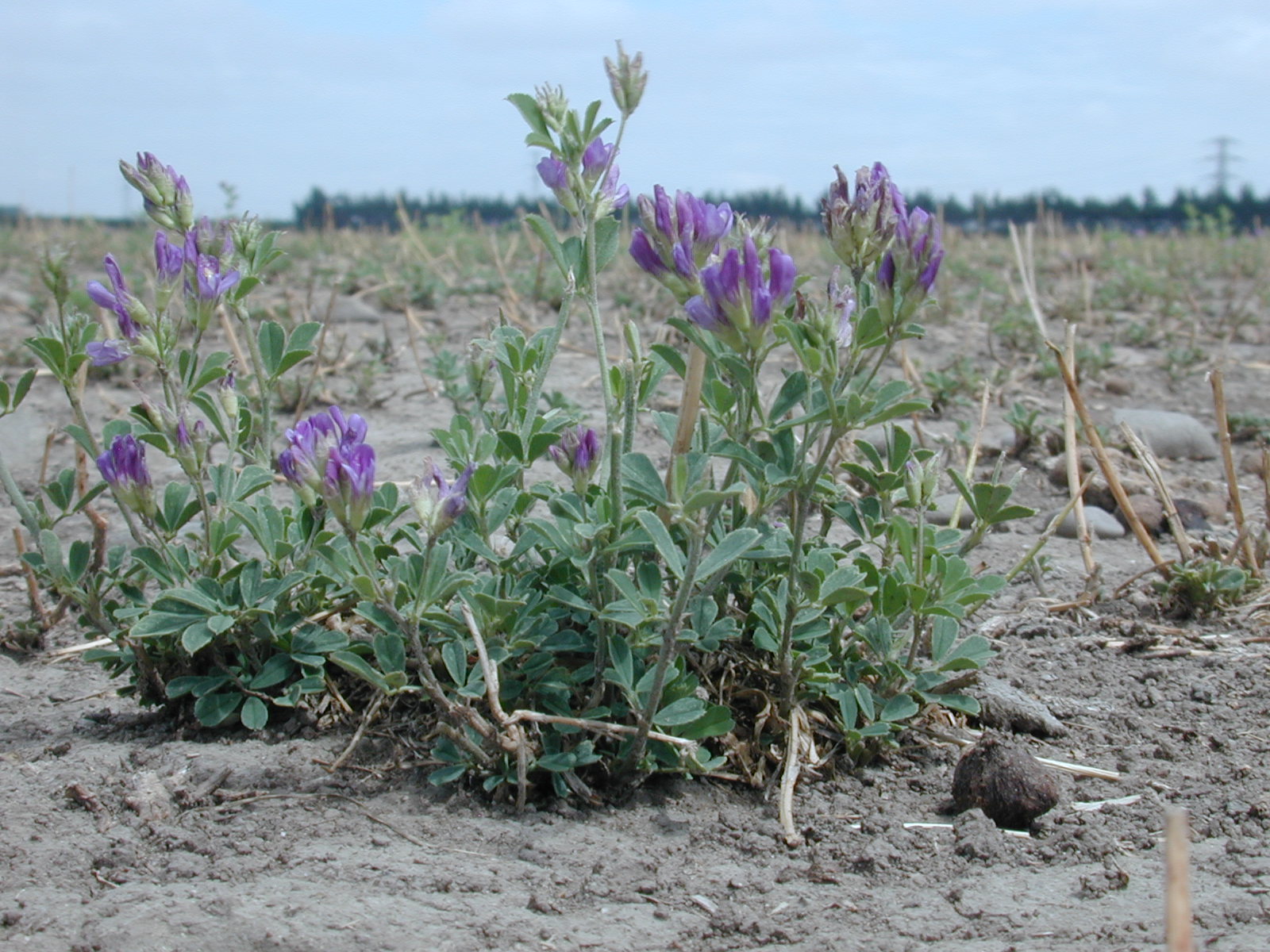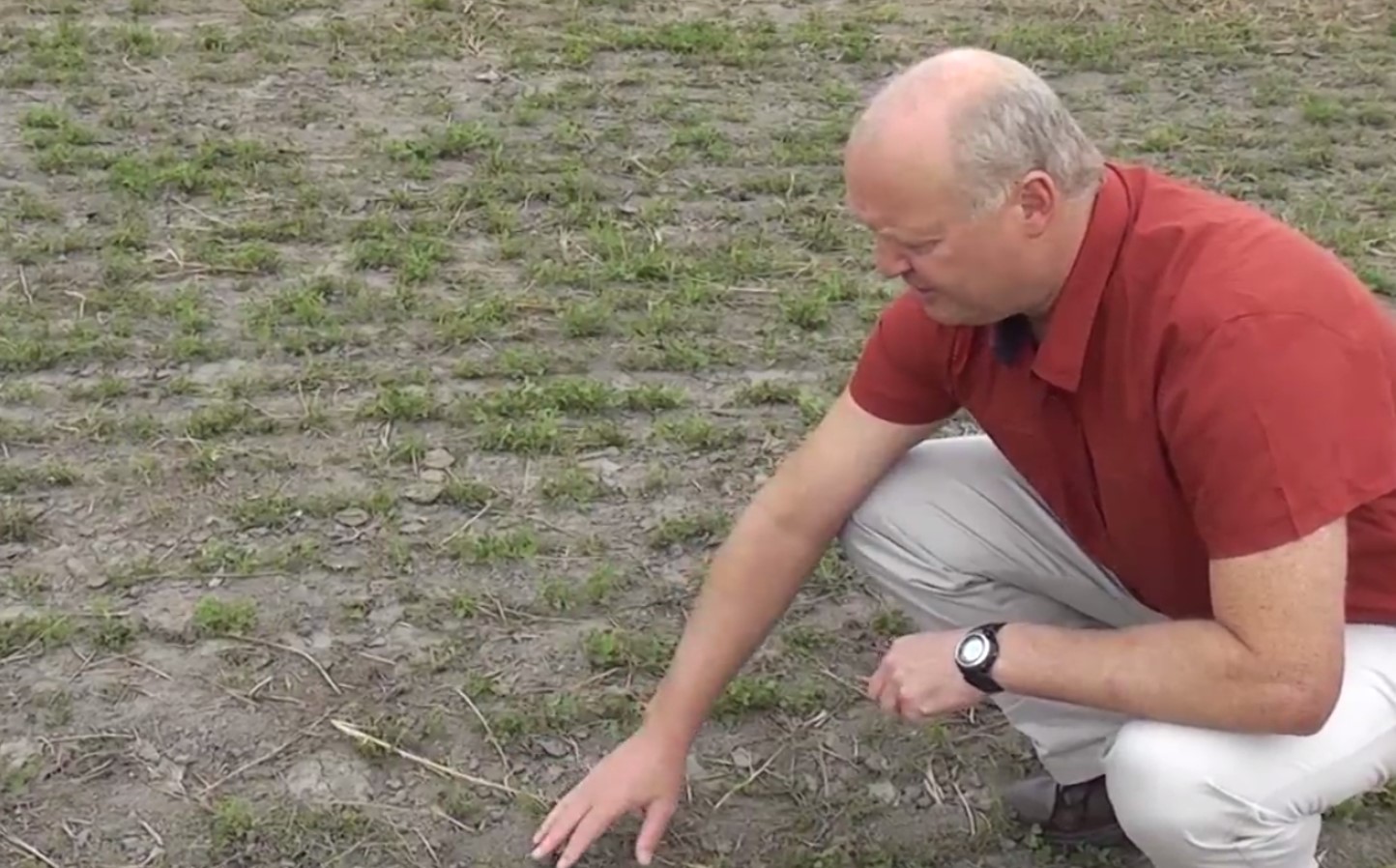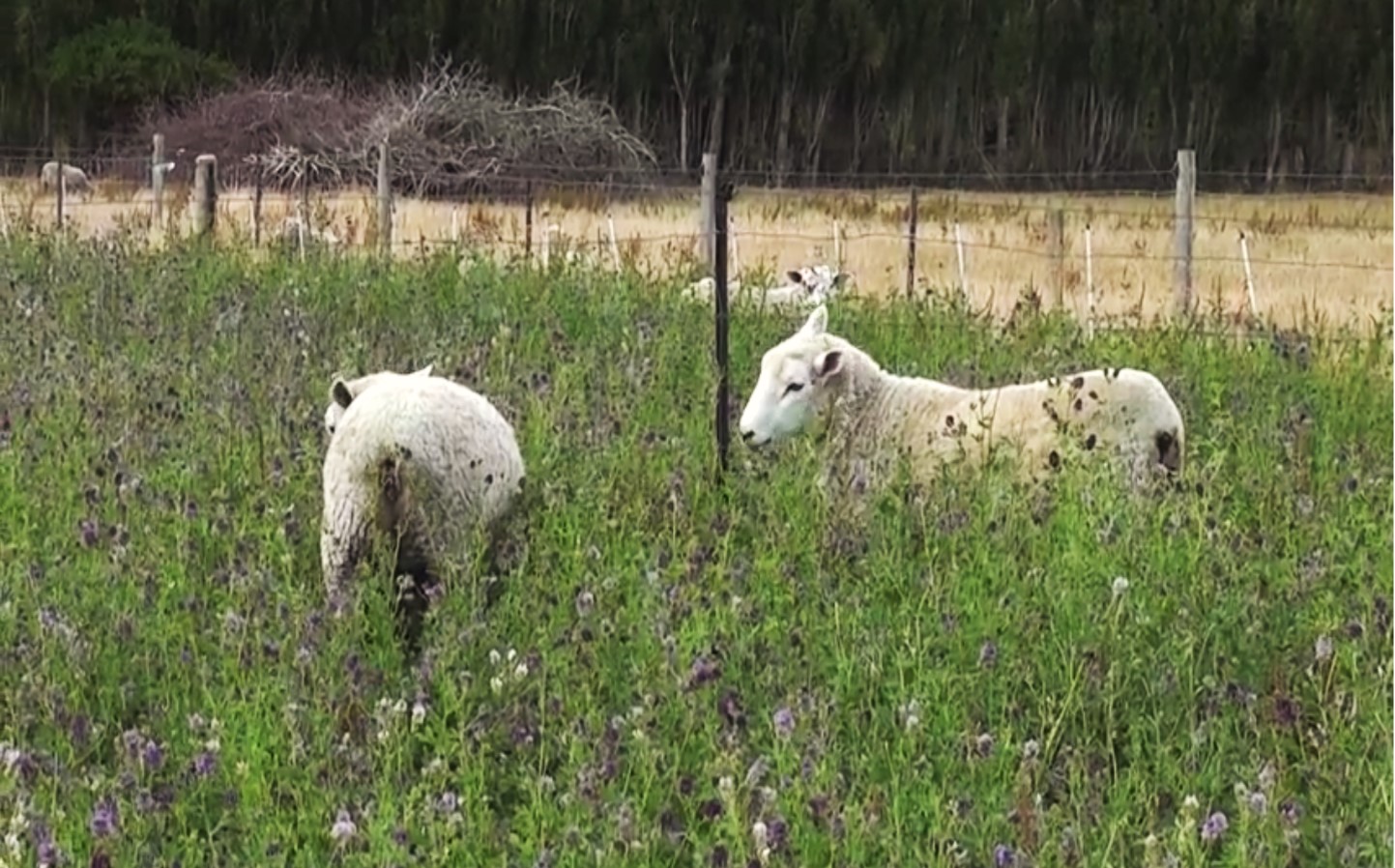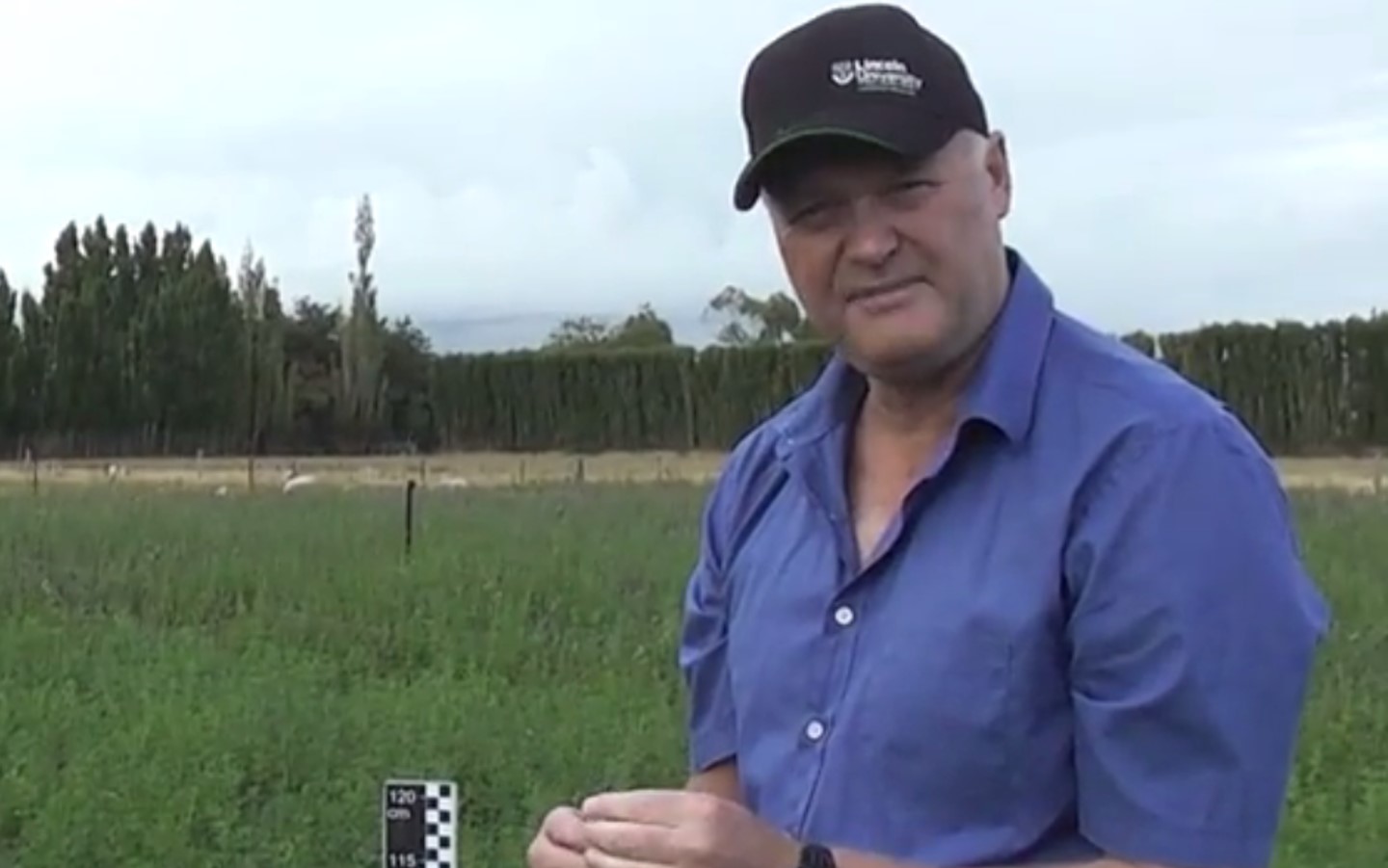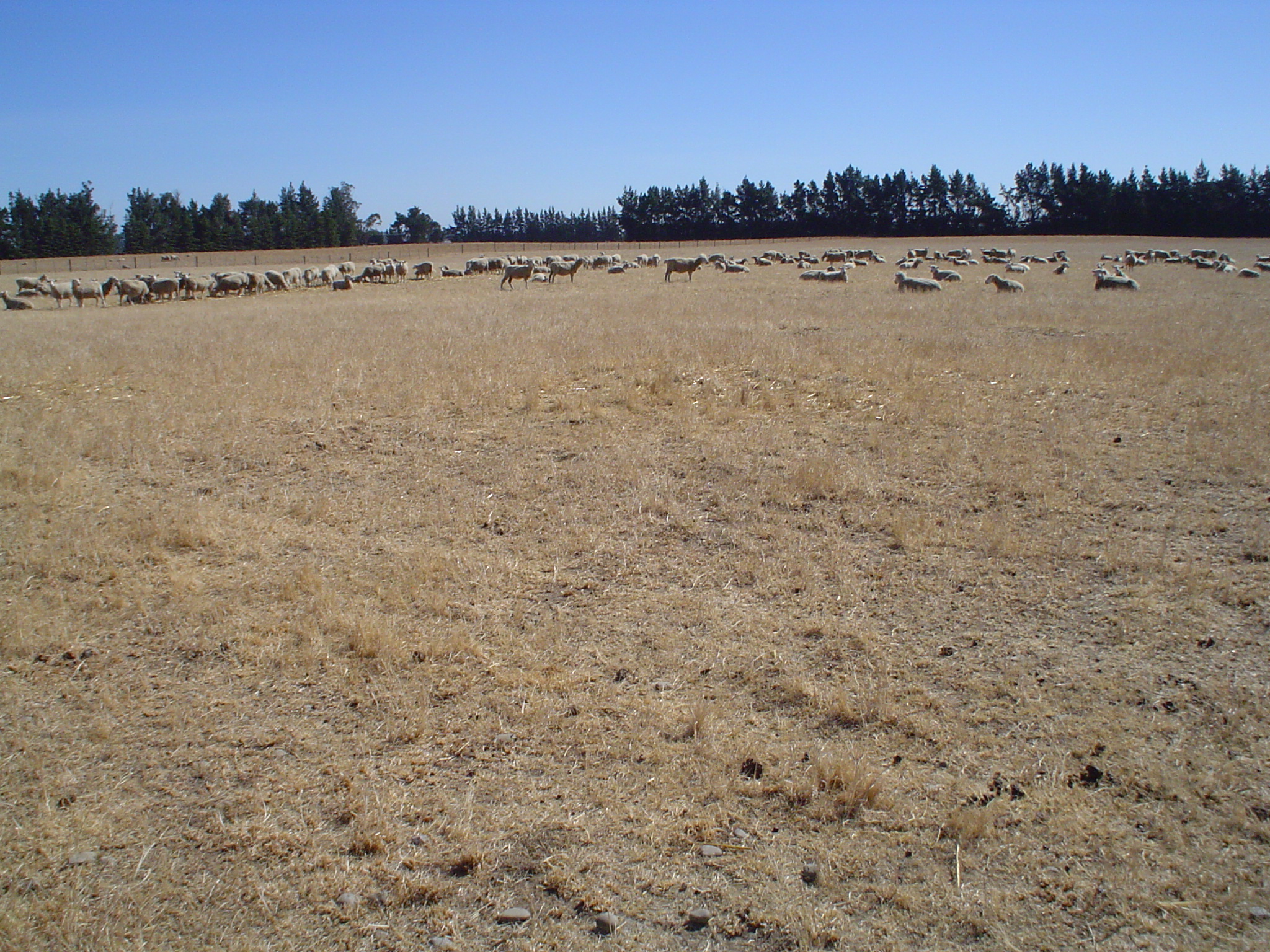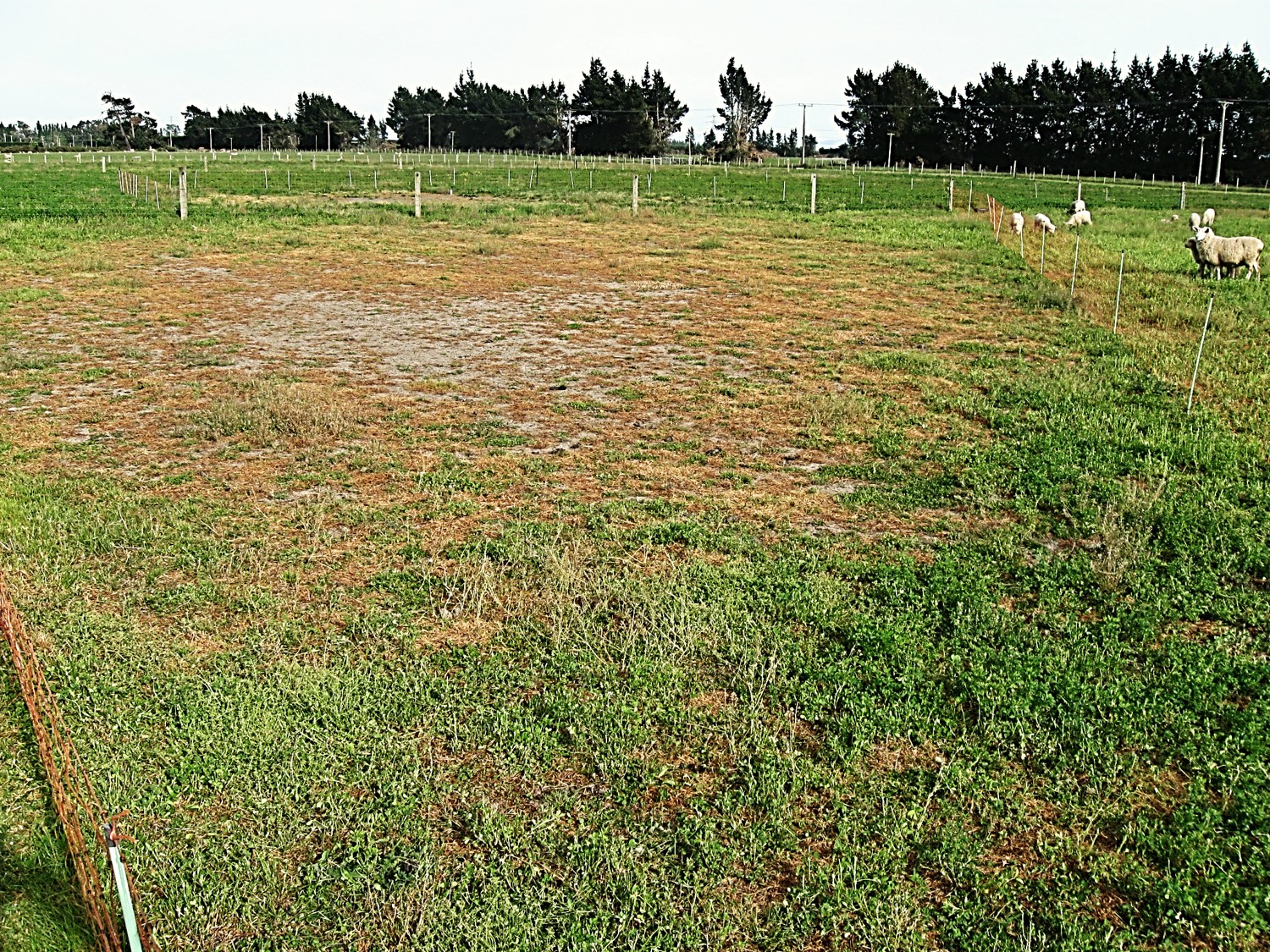Winter weed control in lucerne and grazing management of the annual clover pastures at Ashley Dene
Today we have two video blogs. In the first, Derrick Moot discusses the state of a lucerne monoculture following the winter herbicide application for dicot weed control. Canopy development is discussed in relation to spring feed supply (approx. 2½ mins).In the second (captioned due to wind noise), Dick Lucas talks us through the reasons behind … Read more
